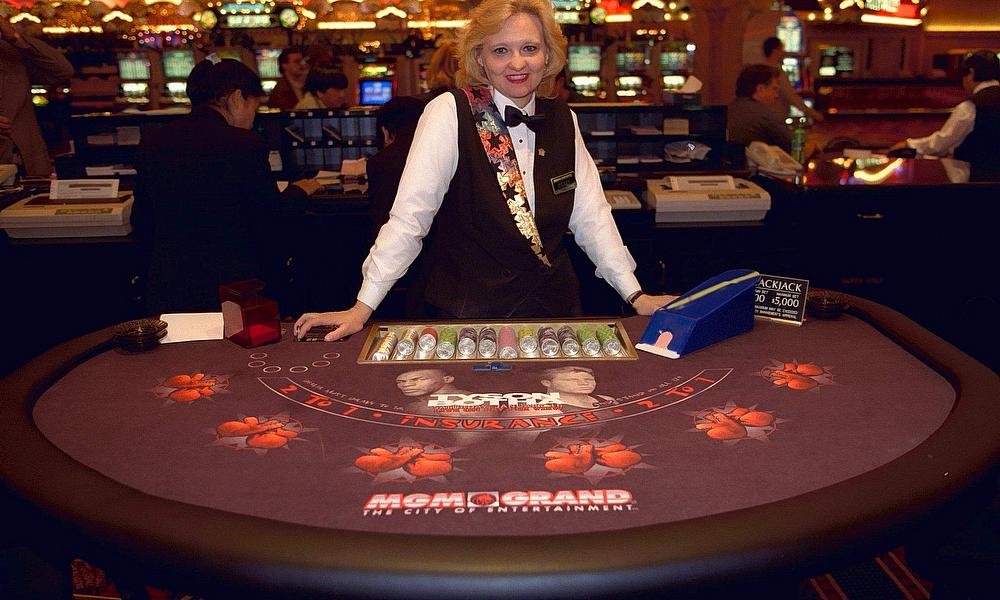Frequent level progression systems in casino games tap into fundamental reward psychology that can create compulsive gaming behaviours through carefully designed achievement structures. These progression mechanics leverage the same psychological principles that make video games engaging, applying them to gambling environments where monetary stakes amplify the emotional impact. The rapid succession of level-ups, badges, and status improvements creates continuous reinforcement cycles that maintain player engagement far beyond traditional gambling motivations. Taysen toto incorporates advanced gamification features that merge entertainment and gambling through progressive reward systems.
Dopamine release patterns
Level progression systems create predictable dopamine release patterns that mirror successful video game mechanics, generating neurochemical rewards that reinforce continued play behaviour. Each level of advancement triggers satisfaction responses, encouraging players to pursue the next achievement milestone. The frequency of these rewards maintains elevated dopamine levels that can overshadow rational decision-making about time and money expenditure. The variable-ratio reinforcement schedule created by progression systems proves particularly powerful because players never know exactly when the next level-up will occur, building anticipation that sustains engagement. This uncertainty, combined with frequent rewards, creates psychological conditions similar to those found in other potentially addictive activities, where the pursuit of the next reward becomes more compelling than the reward itself.
Achievement milestone psychology
Small, frequent achievements create momentum that makes stopping feel counterproductive, particularly when players feel close to reaching the next significant milestone. The psychology of “sunk cost” applies strongly to progression systems where players feel their accumulated progress would be wasted if they stopped playing before reaching the next level. This creates artificial urgency that extends gaming sessions beyond planned durations. The social comparison aspects of visible progression rankings add competitive elements that drive continued participation. Players become invested in maintaining or improving their status relative to others, creating ongoing motivation that persists even during losing streaks. The progression becomes a separate game within the gambling activity, providing alternative sources of satisfaction when monetary outcomes disappoint.
Cognitive engagement tactics
The complexity of modern progression systems requires mental tracking of multiple advancement paths simultaneously, creating a cognitive load that can interfere with rational gambling decision-making. Players must monitor level progress, achievement requirements, and various reward tracks while making gambling decisions, splitting attention in ways that may reduce awareness of spending patterns or time investment. These multi-layered systems create a cognitive investment that makes disengagement feel wasteful, as players have mental energy invested in tracking and optimising their progression paths. The intellectual engagement with progression mechanics can create the illusion of skill-based advancement even in purely chance-based gambling activities, making the experience feel more controllable than it is.
Reward structure manipulation
- Near-miss progression where players almost reach new levels creates motivation to continue playing immediately
- Bonus multipliers for progression achievements encourage larger or more frequent betting to maximize advancement
- Time-limited progression events create artificial scarcity that pressures immediate participation
- Retroactive progression loss threatens accumulated achievement if players remain inactive for extended periods
- Premium progression tracks available through additional spending create pay-to-advance psychological pressure
- Cross-game progression linking multiple gambling activities encourages platform-wide engagement rather than a single-game focus
The intersection of gaming psychology and gambling creates powerful engagement tools that extend far beyond traditional casino entertainment, requiring careful consideration of their impact on player behaviour and decision-making capabilities.

